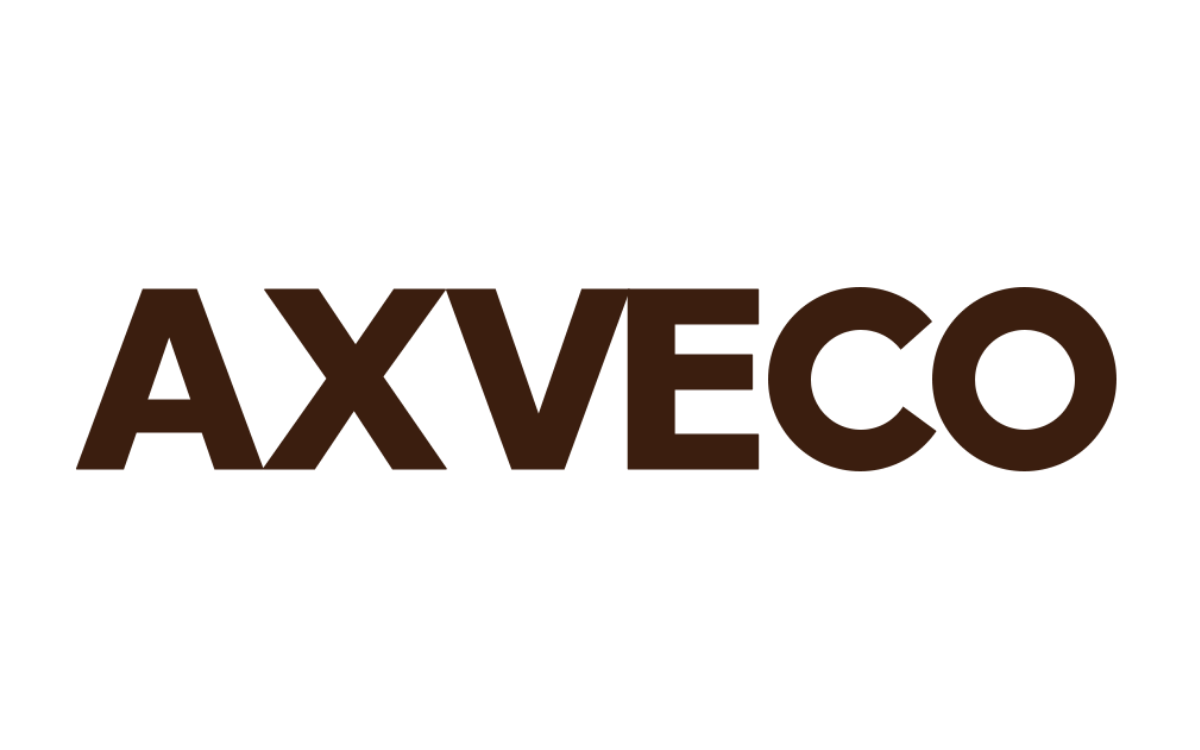Blockchain Real Time Tax
Start of the disruption of the tax and accountancy world by reinventing tax payments and charges as result of blockchain?
This article was originally posted on linkedin.
Blockchain as solution to transform from accrual tax to real time tax and accounting
For many companies, the process of tax payments and charges can be a heavy administrative burden on their time and resources. This is especially the case for small and medium enterprises. The alternative to doing this in-house is engage an external accountant, but that is quite an expensive alternative.
Why is it that e.g. the value added tax (VAT) process is either so time consuming or expensive? This is largely due to the way the tax system has historically evolved combined with the periodic batch orientation we do use nowadays. Tax returns and settlements are calculated over a fixed period of time such as a quarter or a year, and to complicate it even further, not based on actual transactions, but on arbitrary dates, like invoice dates.
Blockchain has to potential to change many industries. Much is the same for finance, accounting and taxes. In this opinion article, I will show how blockchain and smart contracts in particular can change the way we handle taxes completely. This by implementing real time tax, meaning real time as the payment or charge is automatically done in every incoming and outgoing single transaction, resulting in:
- Making current (batch oriented) VAT tax reporting nearly obsolete
- significantly reducing fraud,
- saving time,
- saving money and
- making the whole system faster, fairer, safer, simpler and easier.
The example given in this article focuses on simple VAT payments and charges related to regular purchase and sales transactions, but can easily be expanded to more complex VAT scenarios or other kind of taxes.
Current vs blockchain VAT processes.
Below one can see a simplified schematic overview of how the VAT (“BTW”) process in the Netherlands works, which is similar to the VAT system in other countries.
The current process had the following steps:
- Clients pays their bill, including VAT to the company’s Account Receivable,
- The information of the received payment is downloaded and booked in the company’s accounting system where possibly a reservation for VAT to be paid is made,
- Funds are mostly transferred between different accounts of the company,
- Company gives (if applicable through accounting software) order to a bank to pay supplier’s bill with their Account Payable, registering what the amount of VAT paid is,
- Bill is paid to the supplier by the bank,
- Every quarter a quarterly report of received and send invoiced VAT,
- Report is filed for tax return at the tax authority,
- Depending on the amount, either tax authority or company orders their bank to transfer the remainder of the reconciliation,
- Bank transfers final amount.
This (simplified) schematic, does not take into account any deposit construction. This is a long process, vulnerable to mistakes, with a lot of work done post transaction including multiple checks and balances. Companies run the risk of significant reconciliations if they don’t reserve enough cash, which can negatively influence their cashflow.
We can transform the VAT process to be real time by using blockchain and smart contracts as Account Receivable, Account Payable and a company’s specific Tax Authority account. Each of these accounts will be operated as smart contracts. First of all, a large benefit is that money transfers using blockchain don’t require banks. Secondly, one can program smart contract accounts in such a way that upon an incoming or outgoing transaction, multiple other actions are performed or triggered simultaneously. A blockchain – smart contract VAT process would be as follows:
- The client, as in the current process, pays the invoice to the account receivable of the company. During this transaction, the smart contracts calculates the VAT amount of the invoice and splits the incoming amount into a VAT and a non-VAT part. Still in the same transaction, the VAT part is directly transferred to the tax authority on a separate smart contract account of the company. The non-VAT amount is transferred directly to account payable smart contract of the company. The VAT tax is thus immediately paid during the incoming transaction.
- When the company is paying a supplier, it does so via their account payable smart contract. They fill in the amount that needs to be paid and the recipient and trigger the account payable to perform this payment. During this transaction, multiple other actions are triggered simultaneously in parallel. The amount is sent to the recipient. The smart contract calculates the VAT paid in this outgoing transaction and sends a message with this number to the company’s Tax Authority smart contract. This smart contract in turn then transfers the amount received to the account payable. In case there is more outgoing cashflow than incoming, the tax authority smart contract will show a credit which can be supplemented by the tax authority. This all occurs within the same outgoing transaction, meaning that the VAT charge is completely done in the outgoing transaction.
The amount on the smart contract of the tax authority is thus the nett amount of credits and debits at any point in time of the incoming VAT and the outgoing VAT, thus automating VAT reporting in the payments. Providing audit trail and evidence is now also extremely simplified as all transactions are registered and visible at the smart contract’s address, so any incoming and outgoing transaction is automatically reported to the tax authority as well in the transaction itself. This reduces errors and fraude significantly.
Benefits of blockchain over current process
A real time blockchain based tax accounting system has many benefits over the traditional batch oriented accrual approach. :
- All payments are real time, meaning that the delay is a maximum of second, minutes tops, aligning cash flow with transaction volume
- The process is transformed from 9 steps, involving 7 parties to 2 steps involving 4 parties,
- There is a significant reduction in the administration required saving time and cost for a company in reporting VAT to the tax authority,
- The amount on the smart contract is not just a report of what should be payed or charged, but the real time actual balance,
- No possibility of reassessment as all VAT is directly paid in the incoming transaction,
- Better cashflow as in every outgoing transaction the VAT charge in refunded real time in the transaction to the account payable of the company,
- Due to blockchain, all transactions to and from smart contract accounts are fully transparent and temper proof and immediately reported to the tax authority, reducing fraud risk.
But most significantly, we can change to a real time system which is more closely aligned to a company’s cash flow instead of accruing batches of payments over long time periods, so when a company actually pays or receive money and thus making it fairer and more transparent.
And probably there are many more benefits at a macro-economical level if one would implement a real-time tax system.
Possible broader consequences
If we expand beyond VAT to other tax payments and charges, one can imagine many more simplifications, but also various (unexpected) challenges.
Amongst other simplifications or improvements are;
- continuous insight in true cash positions of companies in addition to accrual based reports.
- Less possibilities for fraud or errors.
- Highly increased speed of money transfers between companies and government, resulting in better cash positions and less uncertainty.
- No more need for deposits upfront and settlement after the fact, resulting in much simpler accounting and finance processes and
- an overall reduction in administration with less costs for companies and clients.
There are various (sometimes unexpected) challenges as well:
- how long will it take before we have a widely adopted cryptocurrency so this could be rolled out across nations (e.g. a crypto-euro?).
- Do we think that the technology is mature enough?
- And unexpected challenge is, our current reporting system? How would real time cash management affect our measures such as EBIT or EBITDA?
- If one would like to go to a real time tax system, this would not only mean a change for the companies, but also for the tax authorities which would be a major change.
Will blockchain force us to rethink our accounting and reporting system? Given the complexity, a real time tax system will not be implemented within the next few years. But it offers a radically new perspective for accounting and tax systems and it can result into a wide range of operational finance simplifications!
Actually this future might be closer, as you can find a slide share of our demo for the system presented in this article here.
Although there are some tax authorities seriously exploring blockchain, I would like to see a tax authority trying this model, at least as a pilot, as this is could not just be a blockchain based process improvement, but a transformation of how we deal with taxes (and with this – accounting)!




